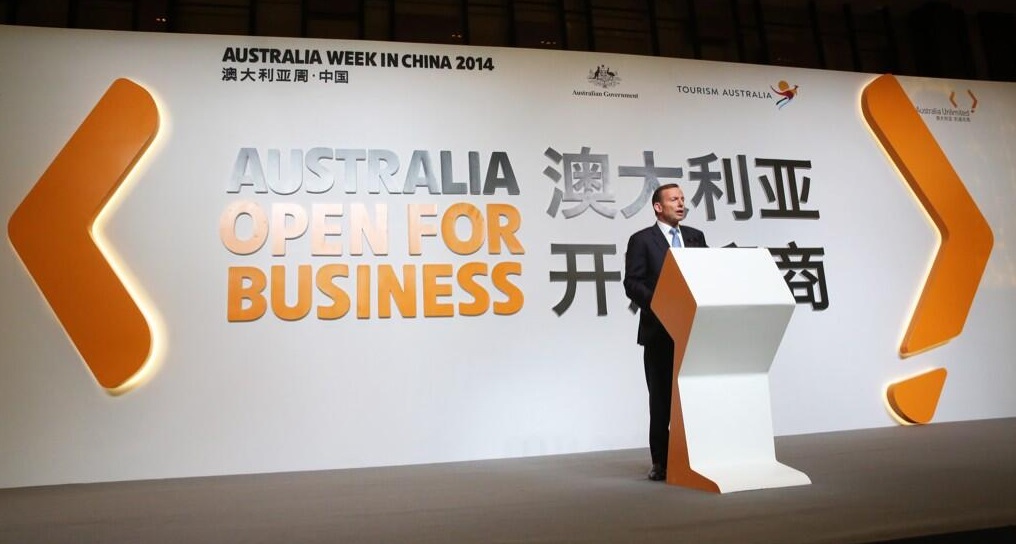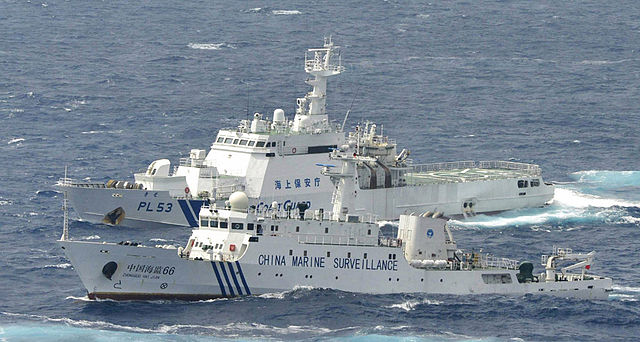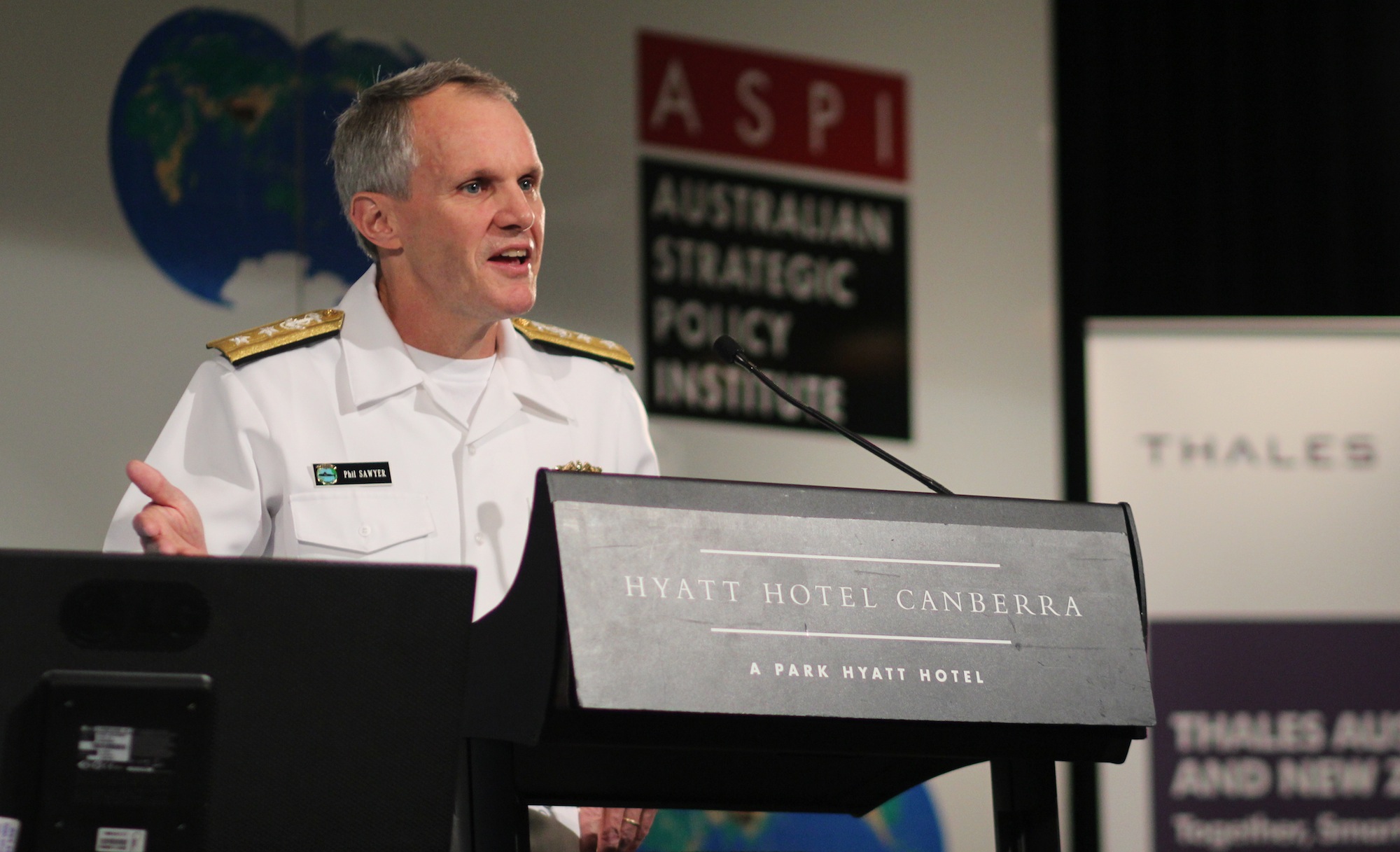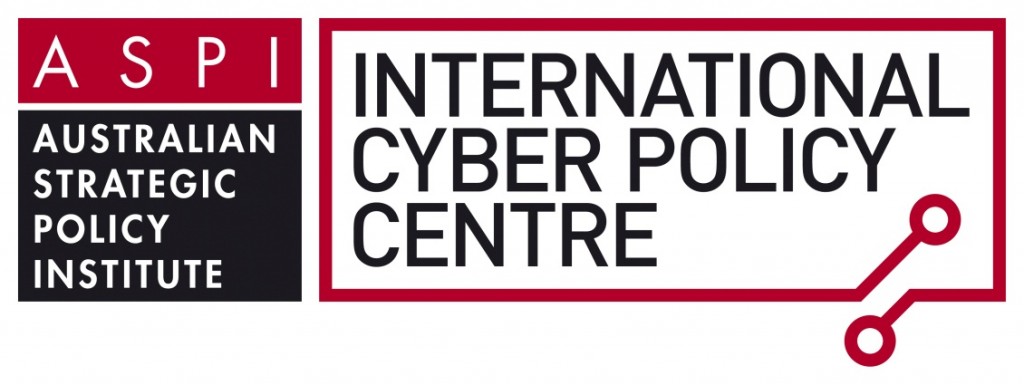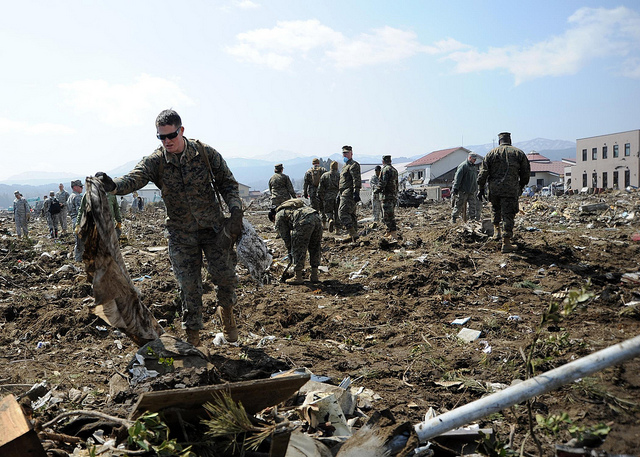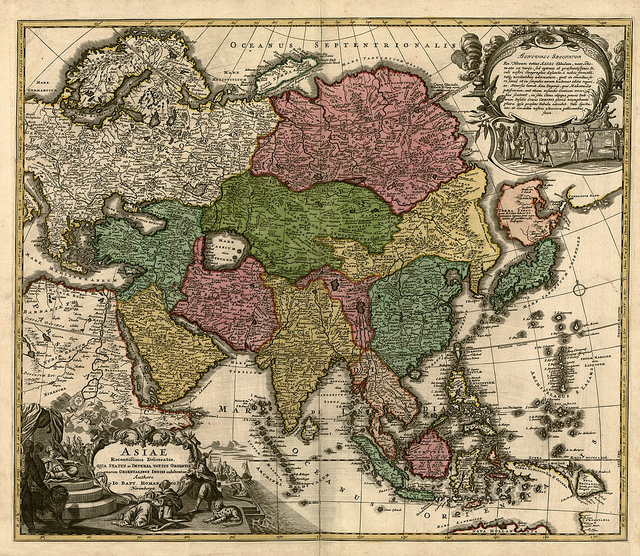Australia’s strategic policy after the northern tour
In its first few months in office, a combination of rookie errors and challenging circumstances gave the Abbott government’s international policy a shaky start. The PM’s declaration that Japan was Australia’s best friend in Asia showed a lack of diplomatic finesse, while the government’s handling of the Snowden leaks made something of a mockery of the Coalition’s intentions to prioritise good relations with its near neighbours. Critics who’d labelled Abbott out of his depth in foreign and strategic policy seemed to be on to something.
After nearly seven months in office, the Coalition’s foreign and strategic policy is beginning to coalesce. Abbott’s remarkably successful three-country tour of Northeast Asia shows the government’s approach to Asia is beginning to take firmer shape. In particular, we can now see clearly the course it’s trying to navigate in its dealings with Asia’s major powers. Read more

